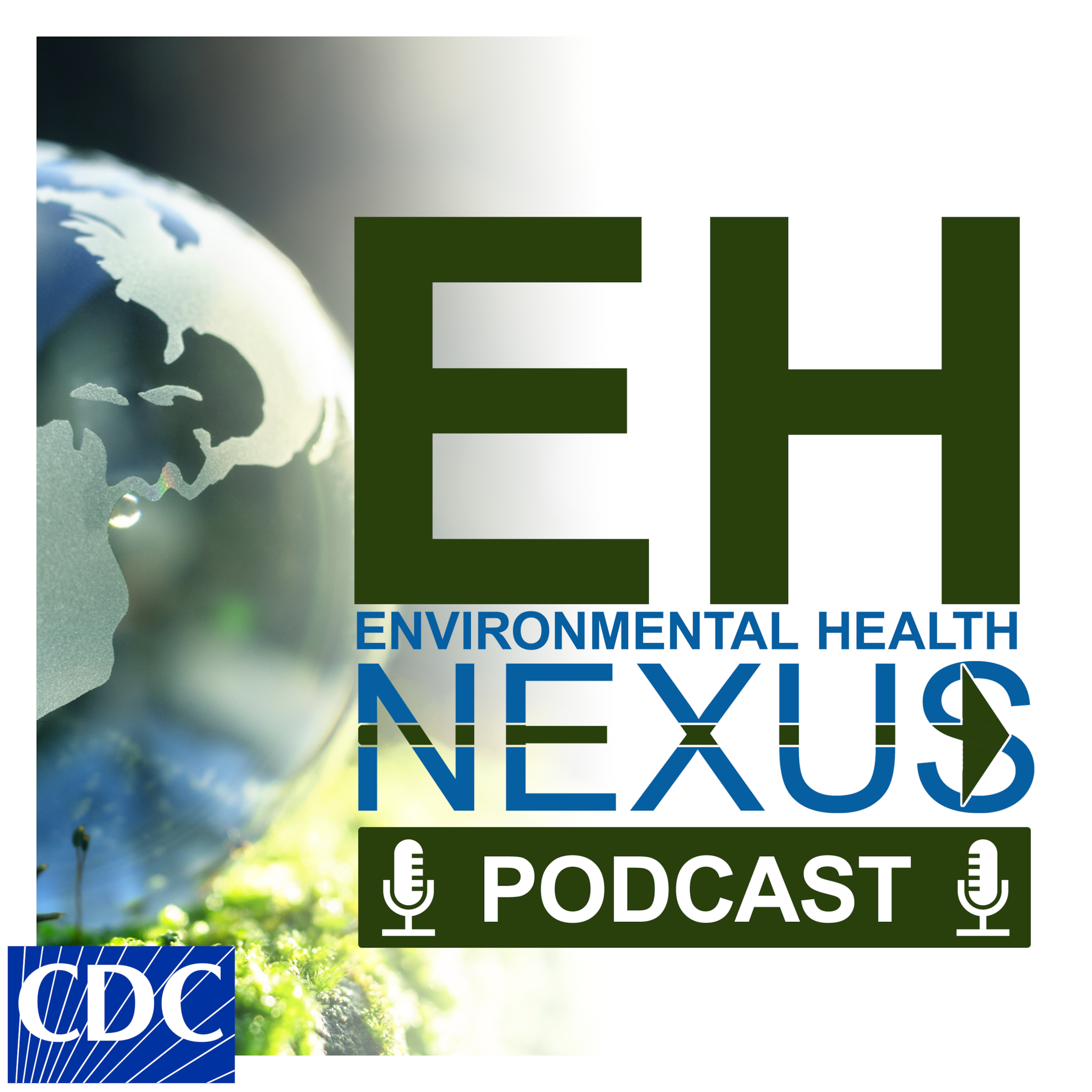CDC and HRSA Partner for Childhood Lead Poisoning Prevention: Guidance for Clinicians
Back To 2022 Webinars »
The content and conclusions in this presentation are those of the authors and presenters and do not necessarily represent the views of, nor should any endorsements be inferred by, the Centers for Disease Control and Prevention.
Healthcare providers can play a key role in preventing lead poisoning by identifying children at risk for lead exposure, testing blood lead levels, and connecting families to any needed follow-up services. In partnership with the Health Resources and Services Administration (HRSA), CDC subject matter experts will provide up-to-date information about preventing exposure to lead, testing, and medical management of children with lead poisoning. Attendees will also have the opportunity to learn about the epidemiology of lead exposure as a public health problem and CDC’s recommended actions for blood lead testing and follow-up care.
This webinar broadcasted via Zoom.
Resources
Childhood Lead Poisoning Prevention Program | CDC
Childhood lead exposure and appropriate prevention strategies
Recommended Actions Based on Blood Lead Levels | Lead | CDC
State/local health department childhood lead poisoning prevention programs
Presenters
Erik R. Svendsen, Ph.D., M.S. (opening/closing remarks)
Erik Svendsen is the Director of the Division of Environmental Health Science and Practice, National Center for Environmental Health, Centers for Disease Control and Prevention. Dr. Svendsen received his Ph.D. in Preventive Medicine and Environmental Health from the University of Iowa, where he completed doctoral studies in environmental epidemiology and exposure science with a special research focus on environmental lung diseases.
Arthur S. Chang, M.D., M.S.
Arthur S. Chang, M.D., MS, is the Chief Medical Officer of the Division of Environmental Health Science and Practice, National Center for Environmental Health, Centers for Disease Control and Prevention. Dr. Chang is a graduate of Drexel University School of Medicine and trained in Emergency Medicine at Hahnemann University Hospital and Medical Toxicology at Emory University.
Paul Allwood, Ph.D., M.S.
Paul Allwood is the Chief of the Lead Poisoning Prevention and Surveillance Branch (proposed) of the Division of Environmental Health Science and Practice, National Center for Environmental Health, Centers for Disease Control and Prevention. Prior to this position, Dr. Allwood has served as Assistant Commissioner of Health and Deputy County Manager for health and wellness in the state of Minnesota.
E. Michele Chambliss, D.N.P., M.S., R.N., FAAN (opening/closing remarks)
Dr. Chambliss is the Director of the Federal Tort Claims Act Program at the Health Resources and Services Administration (HRSA) an agency of the U.S. Department of Health and Human Services (HHS). Dr. Chambliss’s twenty-two years of public service has focused on improving access to health care by strengthening the health care workforce, building healthy communities, and achieving health equity. Dr. Chambliss received an Associate Degree in Nursing from LaGuardia Community College, Bachelor of Science Degree in Nursing from Notre Dame of Maryland University, Master of Science Degree in Health Care Administration from Independence University and Clinical Doctoral Degree from Case Western Reserve University’s Frances Payne Bolton School of Nursing.
